
by Jane Choate
“We are all failures. At least the best of us are.”— J. M. Barrie, author
Most working writers have extensive experience with rejection. When I complained to my husband Larry one day that I had received five rejections in the mail, he said, “Congratulations. When you’ve received ten in one day, you’ll know that you’re a real writer.” (In those days, rejections came in the form of an SASEs, self -addressed stamped envelopes, which writers carefully enclosed with their submissions. These days, rejections typically come via email. Either way, they are devastating.) I wanted to throw something at him. Actually, I wanted to slap him silly, but I refrained. Barely. “Five rejections isn’t enough?” I yelled at him. “You want me to get ten rejections? How many rejections do I have to get until I get an acceptance?” “As many as it takes.” Larry had reason to know about rejection as he worked to get a start-up engineering business off the ground. In his field, rejections came in the form of clients who didn’t renew contracts.
(Just a note: Larry and I are still married, having just celebrated our 43rd anniversary.)
This piece of conversation has stayed with me, though it occurred several decades ago. It was early in my writing career. I struggled to fit writing in to a schedule already crowded with the demands of being a full-time mother to five children whose activities ranged from flag football to piano lessons to book club. An occasional acceptance on an article or short story to a small magazine kept me going, that and a determination that I would succeed at writing, no matter what.
I’ve progressed in my writing, now receiving more acceptances, but the rejections still come. And, despite my vast experience with them, they still hurt. Sometimes, I think about giving up and becoming a rocket scientist or a special ops soldier or something— anything—easier than being a writer. But I keep writing.
Occasionally we hear of writers who have never received a rejection. Privately, I doubt those stories, but they persist. If you are a writer who has never been rejected, you won’t need this article and should promptly ignore it in favor of one that resonates with you. If, on the other hand, you have received rejections, if you are still receiving them, then you may learn something.
Now that we’ve discussed the pain of rejection, let’s move on to the positives. Can rejection have benefits? Surprisingly, yes.
Rejection develops greater maturity both professionally and personally. I am a better writer and a better person because of the rejections I’ve received. I’ve developed a determination that keeps me going, in writing and in other aspects of life. Those dreaded SASEs with form letters that say, “Thank you for your contribution, but this doesn’t work for us” that showed up in the mail with depressing regularity caused me to grit my teeth and persevere. Likewise, when I suffer a setback in my personal life, I grit my teeth once more and press ahead.
Rejection creates resilience. Imagine a writer such as described three paragraphs above who has never been rejected. Everything she turns in is perfect and eagerly gobbled up by editors who can’t get enough of her work. What happens if this gifted writer suddenly does receive a rejection? How does she handle it? Probably not very well. Having never dealt with rejection, she doesn’t understand that it is but one part of the writing life. Those of us who have dealt with rejection for years, even decades, know that rejection does not mean failure. Rejection isn’t permanent; it is temporary, as is success. What counts is what you do after getting a rejection. Do you keep writing and keep submitting? Or do you give up? Giving up is the only true definition of failure.
Rejection prompts change. If my work had never been rejected, I would have continued writing as I had in those early years. I would have kept making the same mistakes, kept producing work that was inferior with flat characters, trivial plots without conflict, and banal dialogue. As I think back to some of my earlier manuscripts, I blush in embarrassment and thank the heavens that they were never published.
Rejection provides greater opportunities. I was rejected by one publisher over and over and over. One editor took an interest in me, though she had yet to buy a manuscript from me. At the time, I didn’t realize how fortunate I was that she even knew my name, much less found something in my work to catch her attention. I learned of a one-time opportunity, to submit a novella to the publisher. (Because I had kept up on news about this publisher, I knew of the project before many other writers learned of it. Never discount the importance of timing.) It was a trial on the publisher’s part, to see how a 20,000 word novella would do in their publishing model, which normally stuck to full length novels. I decided to go for it. I sent in my novella. The editor in charge of the project was the one who had spent time and effort encouraging me. She read my work and liked it. She offered me a contract and remains friendly with me to this day, nearly 25 years following that sale.
Rejection pushes talents. I’ve been told that I have a talent for writing emotion. I’ve also been told that my plotting skills need work. Serious work. Such terms as “inconsistent plotting” and “episodic plotting” have repeatedly shown up in rejection letters. I continue to try to write emotional stories, just as I continue to work on my plotting techniques. I know that if I am to get to the next level in writing, I need to build upon my strengths while, at the same time, improve those areas where I am weak. It is a matter of balance—maintaining your strengths while admitting to and working on weaknesses.
Rejection motivates. I’ve been writing for 35 years. Over that period of time, I’ve received hundreds of rejections, ranging from short stories to articles to novels. I’ve also received acceptances. Guess which ones motivated me to keep trying to improve? If you guessed rejections, you’d be right. Don’t get me wrong. Acceptances are great. Upon receiving one, I pat myself on the back, preen a bit, and am tempted more than once to rest upon my laurels, modest though they are. But it is the rejections that keep me writing, calling upon skills that I didn’t know I had. It is the rejections that make me want to do better, to overcome my poor plotting skills, to strengthen my characterization, to craft more realistic dialogue. It is the rejections that make me a better writer. As Benjamin Franklin stated, “The things which hurt, instruct.”
Rejection is no fun. I still gnash my teeth when I receive one, still wonder how I can garner so many when I’ve been at this business for such a long time. In the end, though, I keep trying.
“Always bear in mind that your resolution to succeed is more important than any other thing.”—Abraham Lincoln
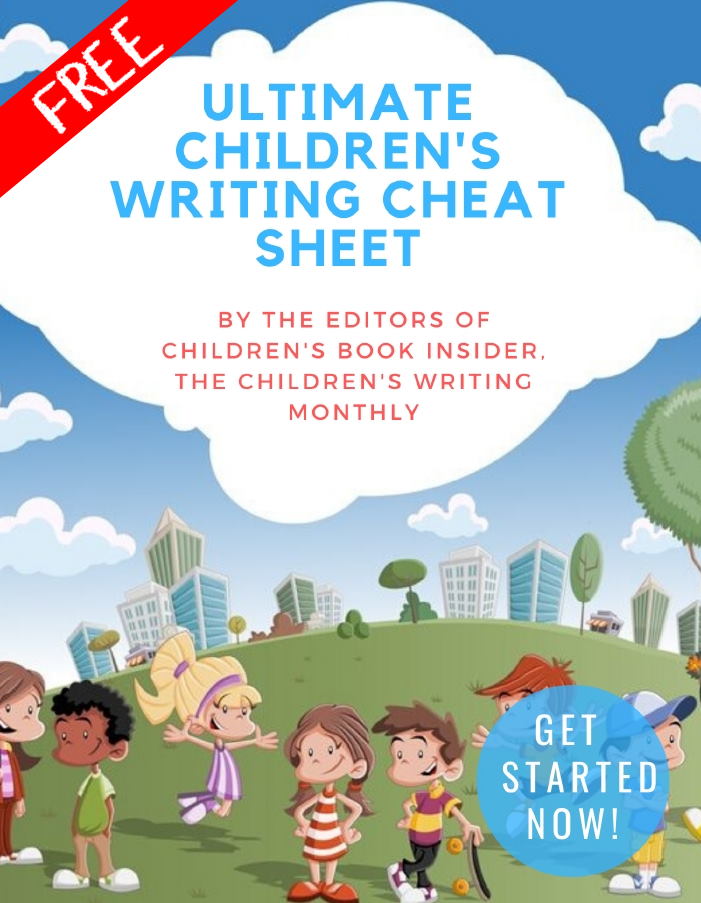
✏ Word Counts & Age Groups for Every Kidlit Category
✏ FAQs, Glossaries and Reading Lists
✏ Category-specific Tips, from Picture Books Through Young Adult Novels
✏ 5 Easy Ways to Improve Your Manuscript
✏ Writing For Magazines …and more!
This is a gift from the editors of Children’s Book Insider, and there’s no cost or obligation of any kind.
We will never spam you or share your personal information with anyone. Promise!
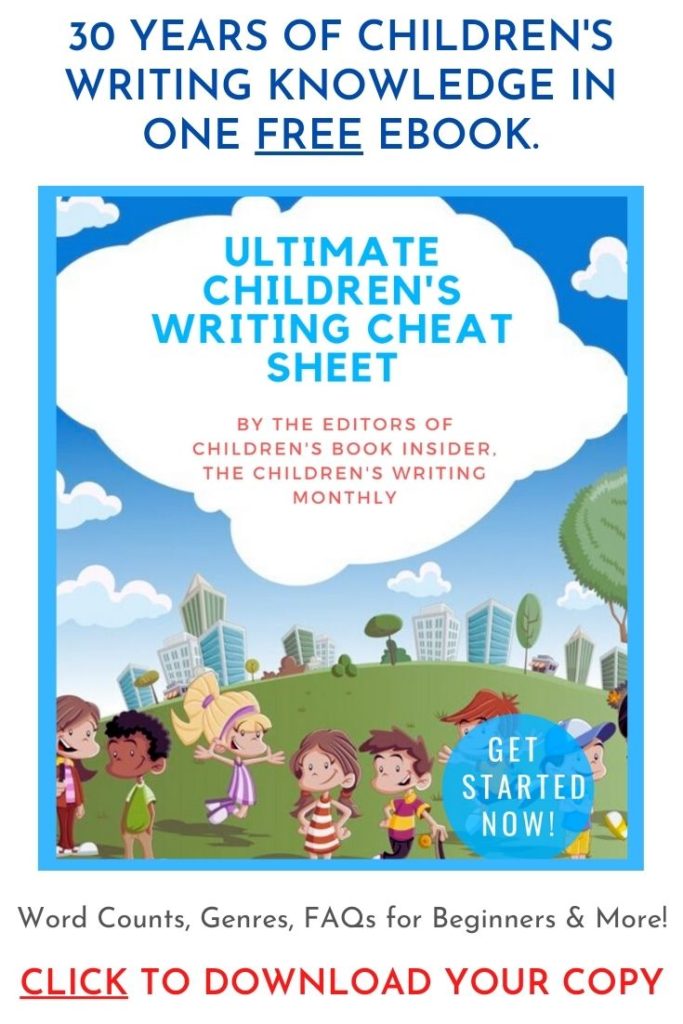
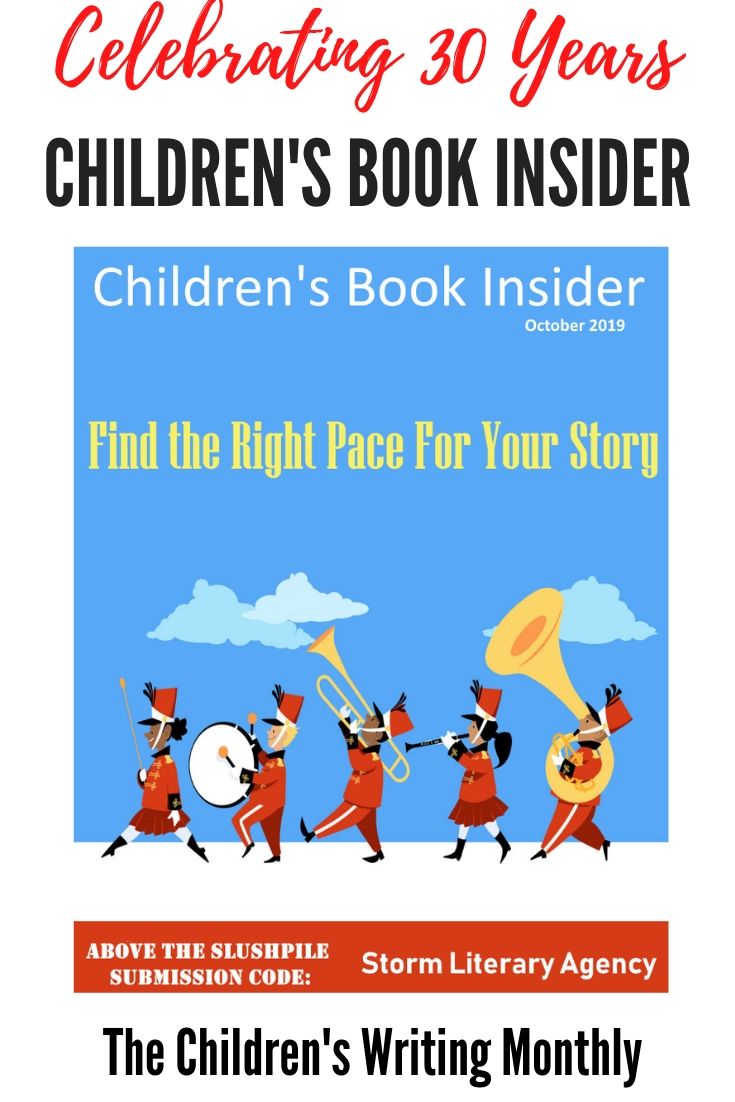
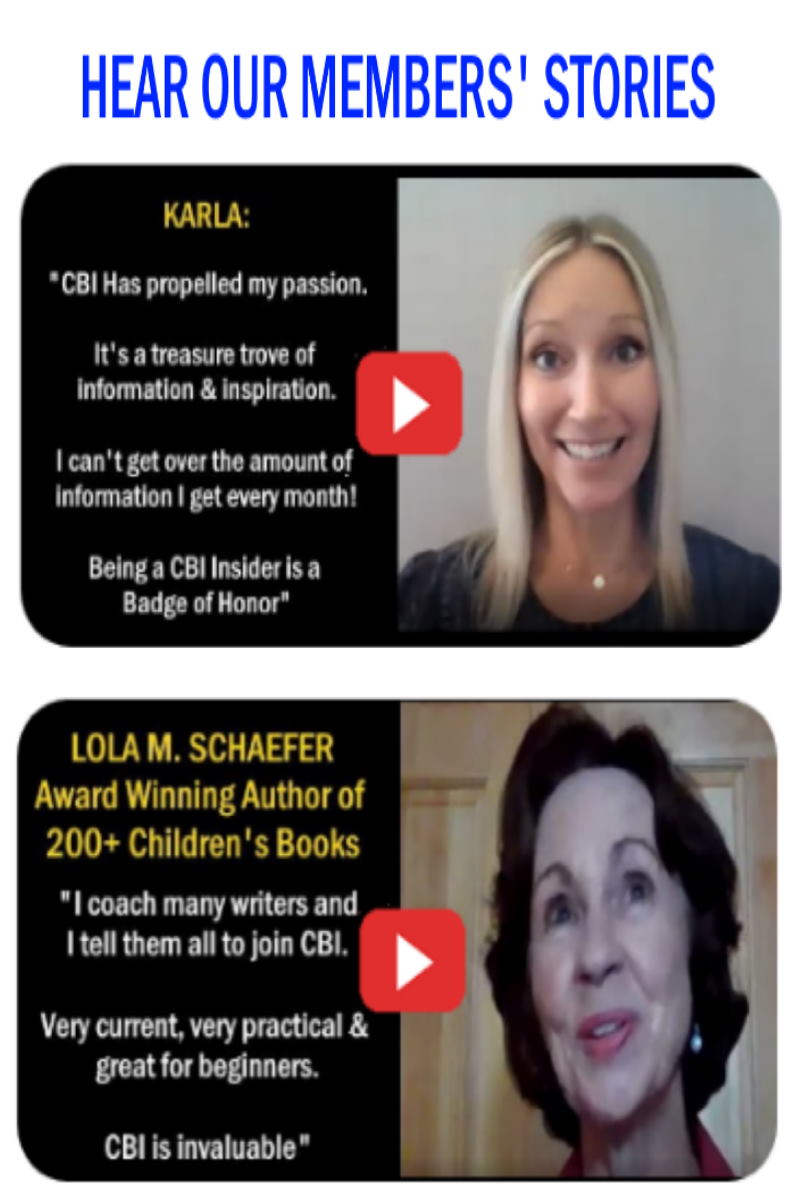
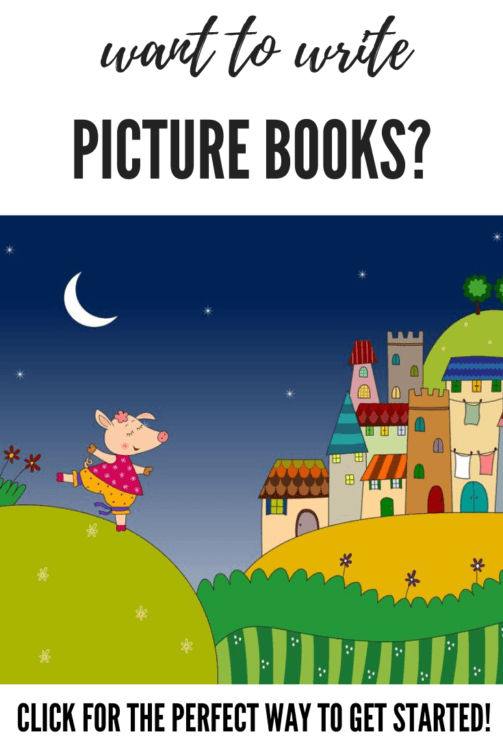


I thought I was the only one who received multiple rejections on the same day. Who knew?
Thank you for this.
I am having issues with getting rejected but not even being contacted about that. It is almost like sending my submissions into a black hole. Things go out but never come back, Any advice about that?
Unfortunately, many publishers, and more and more agents, are only responding to submissions that they are interested in publishing. There’s not much we can all do about this. I think it’s important for every author to carefully research the editor/agent before submitting to make sure you are sending the type of material they are actually looking for. This will help cut down on the number of submissions they all receive, and may help change this policy in the future.